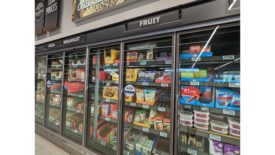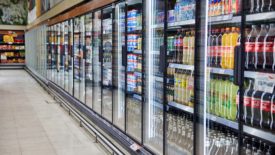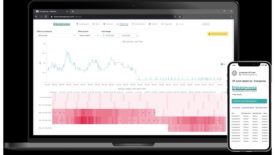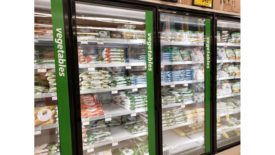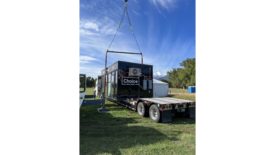Home » supermarket refrigeration
Articles Tagged with ''supermarket refrigeration''
Minimal Temperature Rise Can Cut Frozen Food Emissions
Study shows that higher temperatures will not compromise food safety or quality
March 6, 2024
CO₂ Refrigeration Transition Offers Many Opportunities
Many food retailers consider CO₂ refrigeration to be a safe and natural refrigerant option
Read More
ALDI Plans To Transition To Natural Refrigerants
Grocer intends to use CO₂ and R-290 in all new and remodeled stores in the US
February 6, 2024
Tristam Coffin Shares Insights On Refrigerant Transition
The Whole Foods veteran advocates for natural solutions in commercial refrigeration equipment
Read More
Grocers Share Concerns Over Alternative Refrigerants
Food retailers cite problems with CO₂ and other low-GWP refrigeration systems
Read More
Micro-Store Offers Refreshments To EV Owners
JUXTA Nomad is a portable, autonomous convenience store, stocked with high-margin items
December 3, 2023
Copyright ©2025. All Rights Reserved BNP Media.
Design, CMS, Hosting & Web Development :: ePublishing




